Nicole Wegner: the (academic) writer
Nicole Wegner is a Lecturer in the School of Social Sciences at the University of Auckland, New Zealand. Her research utilises feminist theory and gender analysis to look at war, security, and foreign policy issues in global politics.
Do you see yourself as a writer?
I don’t, which is why I originally declined to contribute to this series. Writing does not come naturally to me. Unlike others who have contributed to this series, writing was not a medium I used frequently in my youth. Instead, I love to chitter-chatter about ideas with others. It is in the community and presence of others that ideas flow best to me; I feel inspired as ideas are passed back and forth in conversation. Effective translation of my ideas often occurs when co-authors and I record our conversations and I play back (or transcribe) our exchanges. However, academic standards require we translate our ideas and findings through written explanation, and so I’ve worked to improve my writing and my writing practice. Writing for me often comes after and between opportunities to talk through ideas with colleagues, students, and friends.
Do you have a writing routine that works for you?
I’m a binge writer, which according to most experts, is a poor strategy. However, once I’ve amassed enough swirling ideas, I like the opportunity to sit down and leisurely write them out, indulging in thinking about them as I type. In this sense, writing is part of my analytical method. I currently block out a morning or afternoon per week where I have several hours to devote to a specific writing goal. I write best with ambient music playing in the background and a rotation of fizzy or hot drinks.
What’s the hardest part of writing for you?
Organization. When I read some of my favourite writers (see Roxani Krystalli’s blog for an example of gorgeous prose), I’m struck by how effortless and lyrical their narratives appear. My first drafts read like an info dump of all sorts of things I’ve read, learned, or analyzed about a topic; figuring out how to present them in a coherent and logical manner is the tricky part for me. I have a mentor who once offered the advice that your writing should follow the same kind of structure and organization as a public presentation, including having a clear ‘take-away’ message that flows throughout. I found this incredibly useful in organizing how I present ideas and separate ideas between ‘important for the reader to know’ and ‘random tangents that only Nicole finds interesting’.
My other challenge with writing is that so much of academic writing follows conventions that feel inauthentic to the ways I think and speak. In graduate school, my engagement with feminist writers helped me to realize that you could communicate complex concepts in a conversational, or at times, personal way. Carol Cohn’s “Sex and death in the rational world of defense intellectuals” (So clear! So relatable! Funny!) not only changed how I felt about IR as a discipline, but also how I felt about academic writing in general.
What do you do when you get stuck?
I like to map out my ideas, often visually on a white board or large piece of paper on my desk. The product of this mapping is best represented by an internet meme of actor Charlie Day from It’s Always Sunny in Philadelphia (google ‘Pepe Silvia meme’ if you’d like to see it) in front of a corkboard of documents connected by red string and black permanent marker. This is what the inside of my brain looks like and it is helpful to put it down visually so I can organize and plot my writing. When I get stuck writing, I go back to the whiteboard and add more or review my ‘connections’ to help re-direct where I’m going.
How do you feel about the blank page when you're starting a new project?
I never start with a blank page. The ‘mapping’ I do helps me to at least begin with subheadings, and it helps me to populate the various sections of a piece. When I’m writing each section, I pretend I’m having a conversation with someone who is also interested in the subject, and I find the words flow out. I often speak out loud as I type. If the messy whiteboard wasn’t enough to alarm my colleagues, I’m sure my conversations (writing) with myself must be.
Are there any tips you have for writing or editing your writing?
I have found working with an editor immensely helpful. Where this isn’t possible, I’ve benefitted from feedback from others. I hate checking proofs.
As for writing tips, I like to think about who I am writing to. During my PhD, some of my brilliant cohort colleagues developed a mantra that I try to hold to: “Think like Spivak, write like Enloe”. I take seriously the immense privilege we have as academics where we are paid to think carefully about complex phenomenon. Yet, despite this complexity, I feel it is important to communicate our ideas accessibly. Cynthia Enloe is a writer who has managed to do this throughout her eminently successful academic career. For me, writing is a mechanism for translating my ideas to others, ideally including those who aren’t trained in deciphering academic discourse or language. I can’t say I’m anywhere near Enloe’s level of proficiency, but it is a career goal of mine to emulate this kind of writing.
